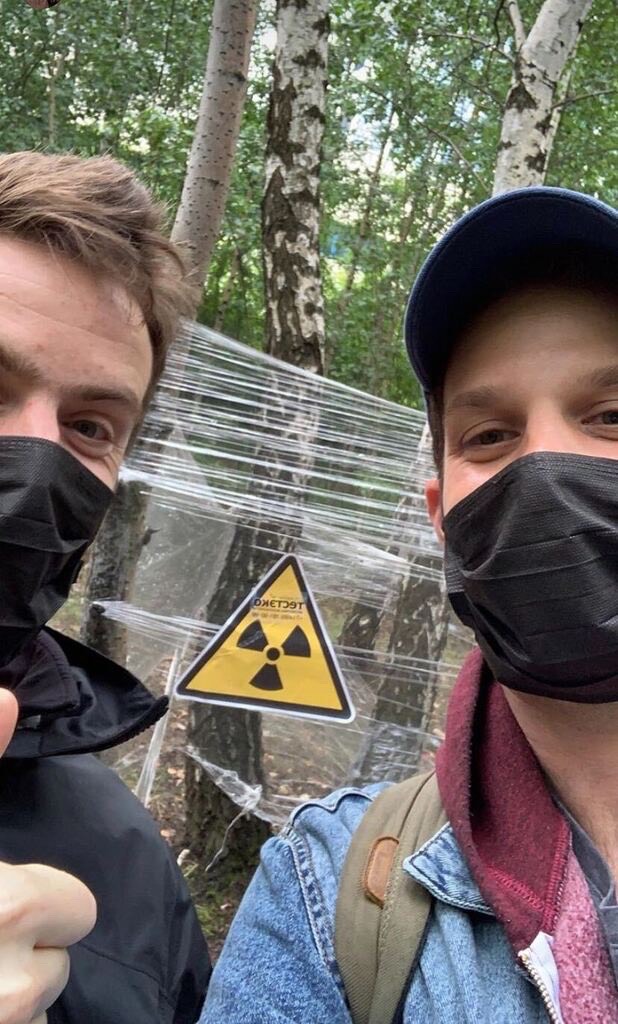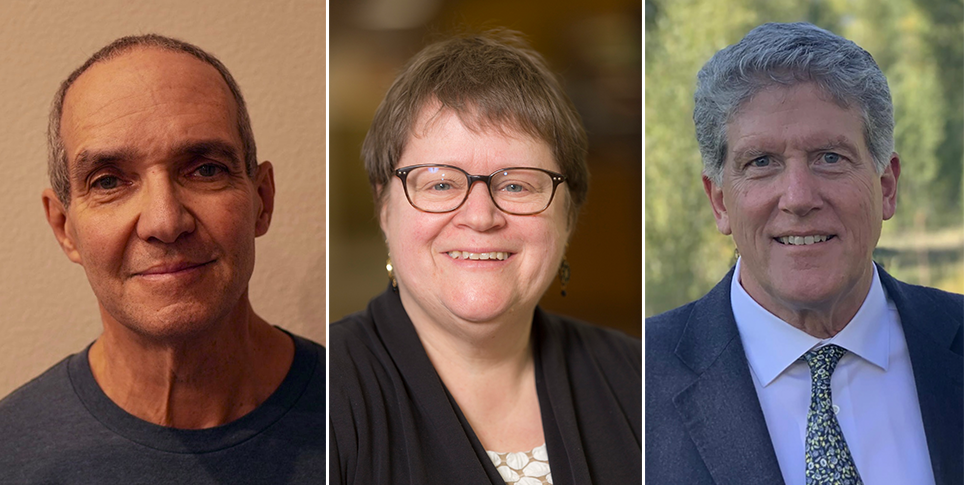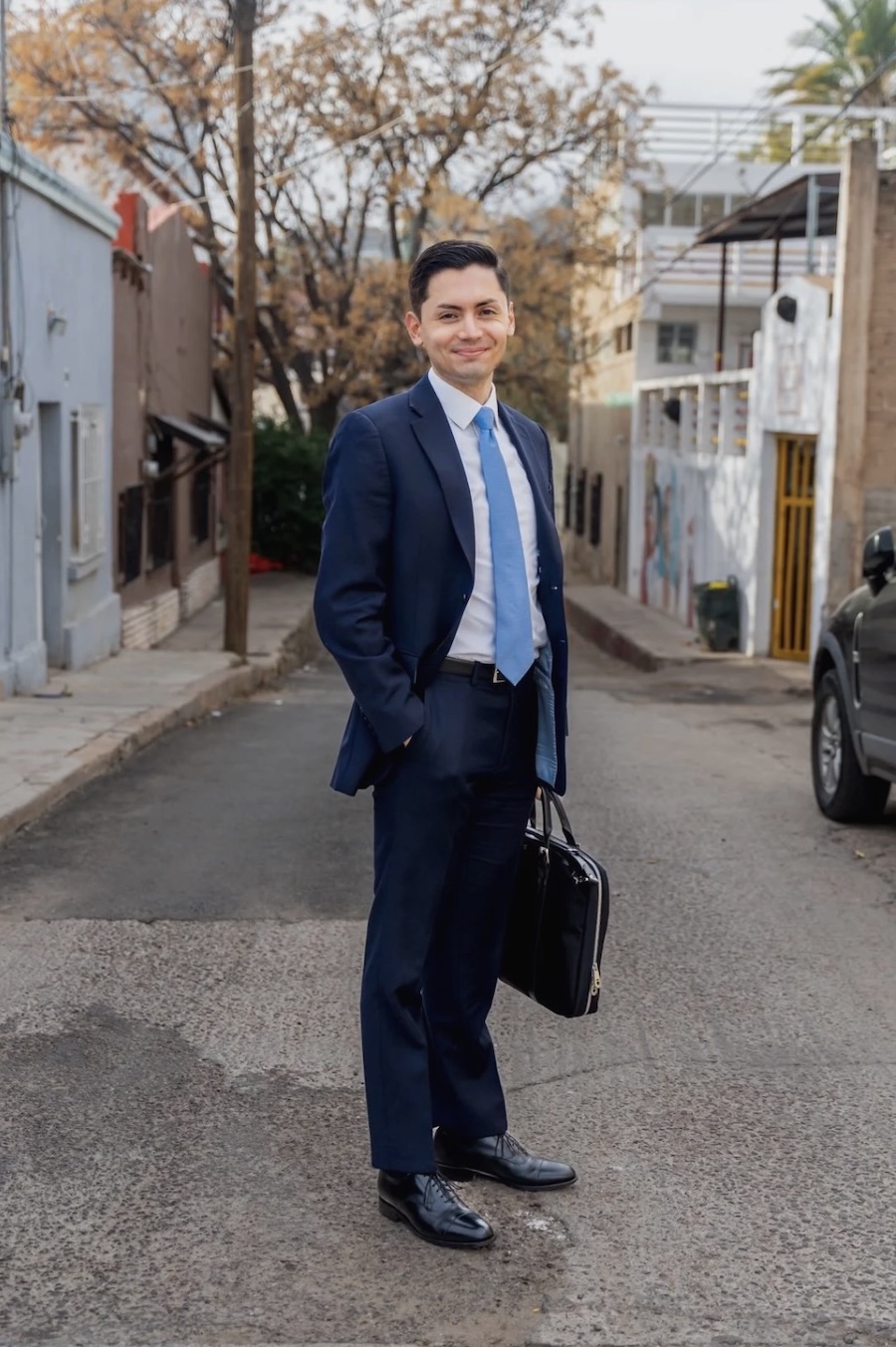The Challenges of Being a Journalist in Russia
By Tom PorterEvan Gershkovich ’14 works as a reporter for The Moscow Times, a post he has held for nearly three years. Gershkovich describes his journey to Moscow and what it’s like reporting from the Russian capital during the pandemic.
How did you get from Bowdoin to the Moscow Times?
At Bowdoin, I was a philosophy major and also wrote occasionally for The Bowdoin Orient and helped edit what is now The Bowdoin Review (then The Bowdoin Globalist). However, it took me a while to figure out that journalism was the career for me. In my first year after school, I worked in communications for an environmental rights NGO based in Southeast Asia, and it was during that time, while freelancing for a few local English-language outlets on the side, that I decided I would give journalism a real try. But when I moved back home to New York, it was tough to break into that world. So I took jobs as a cook for a catering company and at a restaurant until I landed a job as a temporary night clerk on The New York Times' foreign desk. Eventually I found myself a full-time assistant job at the paper and worked there for nearly two years in what I look back on now as a form of journalism graduate school. But I still needed to get real reporting experience. Luckily, at the time (the summer of 2017), The Moscow Times, an independent English-language news website, was looking for a reporter. Because my parents are Soviet émigrés, I grew up speaking Russian at home, so I applied for the position. I got the job and moved to Moscow that fall.



What does your job entail?
The lion's share of my job entails reporting news features, meaning I have to follow trends and read between the headlines to tell in-depth, relevant stories designed to help a foreign audience understand Russia. I also cover major news events and breaking news, especially during big stories like, say, a pandemic. For the past few months, this has been pretty much my sole focus. I've written articles about wealthy Russians buying up ventilators for personal clinics, spoken to desperate prisoners stuck inside a secretive penitentiary system, and figured out why Russia's mortality rate is so low compared to other countries. Now, as Russia begins lifting quarantine restrictions, my focus will likely shift away from the immediate news and more to political and economic stories, as the effects of the past few months begin to surface and ripple.
How difficult is it working in Russia as a journalist?
When you start reporting in Russia, you often hear that it will be very hard to get people to talk. And while that may be true of Russian officialdom — though not all of it —I have found that if you go looking for the right people, many of them want to tell their stories. Of course, some will want their comments to be from an unnamed source, which means, as a reporter, you have to make sure you speak to them over encrypted channels and protect their identities. But they're out there. You just have to go looking for them.



